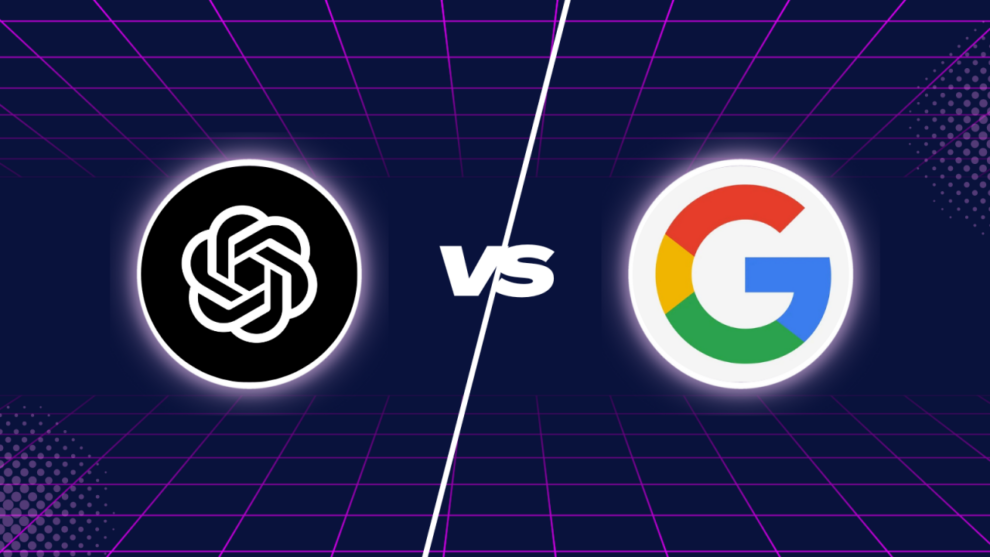ChatGPT has emerged as a digital powerhouse, amassing an extraordinary 3.7 billion worldwide visits that now rival the user base of Google Chrome, the world’s leading web browser. This milestone underscores the unprecedented adoption of AI technology and signals a potential shift in how people interact with digital information.
Recent data from Similarweb reveals that ChatGPT’s trajectory has been nothing short of phenomenal, with the AI chatbot experiencing a robust 17.2% month-over-month growth and an impressive 115.9% year-over-year traffic surge. This astronomical growth positions the platform in direct competition with Google Chrome’s estimated 3.45 billion monthly users, marking a significant moment in the evolution of digital tools.
The catalyst for this remarkable expansion can be traced to several strategic moves by OpenAI, ChatGPT’s parent company. A crucial development was the streamlining of its web presence by transitioning from the subdomain chat.openai.com to the more straightforward chatgpt.com. The platform reached a pivotal moment in May 2024 when it achieved 2.2 billion visits, establishing a new benchmark for AI platform engagement.
In what appears to be a direct challenge to traditional search engines, OpenAI has recently unveiled ChatGPT Search, a sophisticated feature that provides real-time information on everything from sports scores to breaking news and stock quotes. This development represents a fascinating full-circle moment, as the AI tool now offers services remarkably similar to Google Search, the very industry it was initially perceived to potentially disrupt.
However, it’s worth noting that while ChatGPT’s numbers are impressive, Google Chrome maintains its dominance with 35.4 billion users in 2024. Although Chrome’s year-over-year growth has been modest, it has achieved a substantial 45.35% increase over the past five years, according to Statscounter. The relationship between these platforms remains complex, as web-based versions of ChatGPT still rely on browsers like Chrome for access.
OpenAI’s ambitions show no signs of slowing, as evidenced by their recent acquisition of the domain name Chat.com, though the company has yet to reveal its plans for this new digital asset.
The broader AI landscape continues to evolve, with several other platforms making significant strides. Perplexity, despite facing recent plagiarism allegations, has maintained strong growth with 90.8 million visits in October, representing a 25.5% monthly increase and an impressive 199.2% year-over-year growth.
Google’s Gemini Chatbot has also shown promising results, recording 291.6 million visits in October. This 6.2% monthly growth was partly driven by the introduction of new AI features in Chromebooks through a recent ChromeOS update.
Anthropic’s Claude chatbot has demonstrated remarkable progress, achieving 84.1 million visits in October and an extraordinary 394.9% year-over-year growth. The platform’s success has been bolstered by its expansion into desktop applications for both Windows and macOS users.
Microsoft’s web-based Copilot has emerged as another strong contender, securing 69.4 million visits in October with an impressive 87.6% monthly growth rate. Meanwhile, NotebookLM, powered by Google’s generative models, has shown exceptional promise with 31.5 million October visits and a remarkable monthly growth exceeding 200%.
This unprecedented growth in AI platform usage suggests a fundamental shift in how people access and process information online. As these platforms continue to evolve and integrate more sophisticated features, the traditional boundaries between search engines, browsers, and AI assistants are becoming increasingly blurred, pointing toward a future where artificial intelligence plays an even more central role in our digital experiences.
















Add Comment